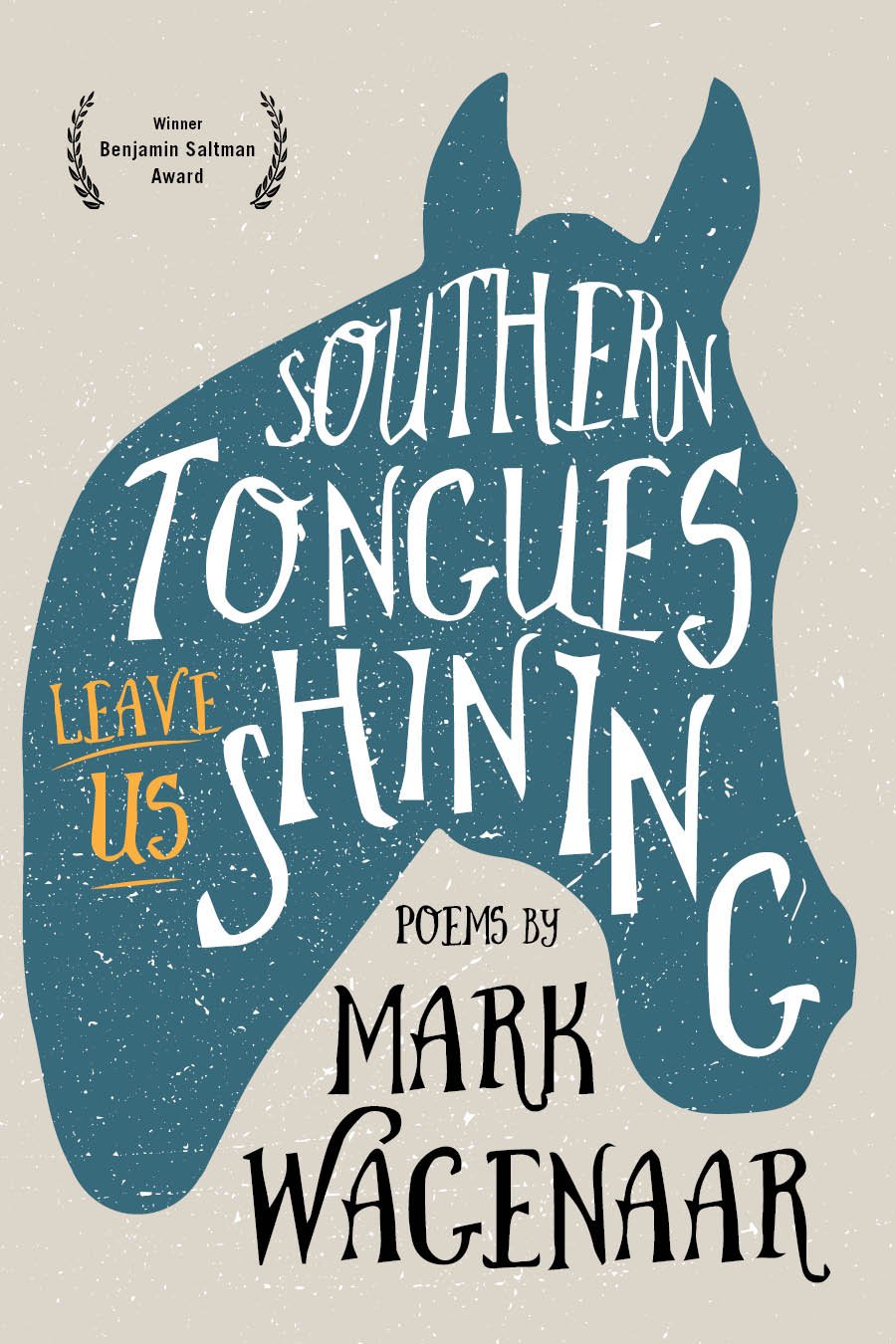The signs are everywhere. The cat drops headless birds, cardinal,bluejay, something whitewinged, beside the rocker on the front porch.A diamondback leaves its skin at field’s edge. Heaps of dead waspsnear it, sun-brindled bodies like a funeral pyre in time’s slow flame.A perfect circle of feathers: yes, you’ll owe more than you have today.A perfect circle of raised white welts: yes, there will be enoughfor dinner tonight. You find a one-antlered deer skull hungfrom the branches of a young oak: yes, she’ll come back someday.Bag worms like prayer lanterns at wood’s edge, sizzleof cicadas in the trees, a hundred ratchets spinning on the carof the dog-bayed August sun. The signs are everywhere. The dogsgot another one of the chickens. A mimosa drops its flaresinto the river, the light of years resurfacing reaches you. The lightof other towns. Other tongues, older tongues. Issaquena, Choctawfor deer river. You say it to the crumpled deer body roadside,tiger lilies blazing on their wicks in the ditch. Issaquena.The first two county seats are now ghost towns on this alluvial plain,buckshot soil, bottomland. Ghost towns, ghost tongues, we, too,are alluvial, & bear the traces of others upon us. This county is nodry bones, this county will rise again, our neighbor rumbles, the one who wearsa gator’s tooth around his neck for luck. Seven types of fog, seven typesof rattlers. Ache of crepe myrtle blossoms by the road, white ones, fuchsia,ache of all we cannot bring ourselves to ask: pocketless, starless,what can a body keep, what can a body bear? You must ask yourself,the river, the dark, you must ask a hundred times, because so manyhave gone into both without an answer. Benthic ourselves,alluvial, we bear the signs, names, petals, ashes of a church fireon the air, we bear the light of names no one knows how to say anymore.
I. Southern Divinations
Feature Date
- July 18, 2020
Series
Selected By
Share This Poem
Print This Poem
“I. Southern Divinations” is from Southern Tongues Leave Us Shining by Mark Wagenaar
(Red Hen Press, © 2018).
Reprinted with permission from the publisher.

Mark Wagenaar is the author of three award-winning poetry collections, including the Saltman Prize-winning Southern Tongues Leave Us Shining, from Red Hen Press. His fiction and poetry appear widely, including the New Yorker, Tin House, the Southern Review, Gulf Coast, 32 Poems, the Cincinnati Review, and River Styx, among many others. He is the winner of a number of awards, including the Mudfish Poetry Prize, the CBC Poetry Prize, the Frontier Open Poetry Prize, and twice the James Wright Poetry Award and the Mary C. Mohr Poetry Prize. He is the husband of poet Chelsea Wagenaar, the father of two little ones, and is presently an assistant professor at Valparaiso University.

Pasadena, California
Winner of the 2016 Benjamin Saltman Poetry Award
“‘Language is the fire that survives us,’ Mark Wagenaar writes, and we are seared gladly by his brilliant flames. A pilgrim in the ‘Christ-haunted South,’ as Flannery O’Connor describes it, these poems reckon with the sins of history and the human-made scars on the natural world. The songs of Charles Wright, Rilke, and Blind Willie Johnson have tuned Wagenaar’s ear, but the music is his own, irresistibly so. Southern Tongues Leave Us Shining is a brave and difficult grappling, ending with the difficult joy of a child’s birth and the world’s subsequent remaking. This is, simply put, poetry that adds to the glory of the human endeavor.”
—Beth Ann Fennelly, Poet Laureate of Mississippi, author of Heating & Cooling
“In Southern Tongues Leave Us Shining, there is a rapturous beauty that encompasses the American South, the United States, and the world, a poetic rooted in the space around the poet and extending outward to the world with questioning, compassion, grief, and hope. The lines have an aching eloquence bustling with a truer Southern verve, one recognizable by those who know it and appreciable by those who have yet to know it. There are many lines in this collection that take me up in a swoop and carry me along the terrain of now and never.”
—Afaa M. Weaver, winner of the Kingsley Tufts Poetry Award
Poetry Daily Depends on You
With your support, we make reading the best contemporary poetry a treasured daily experience. Consider a contribution today.



